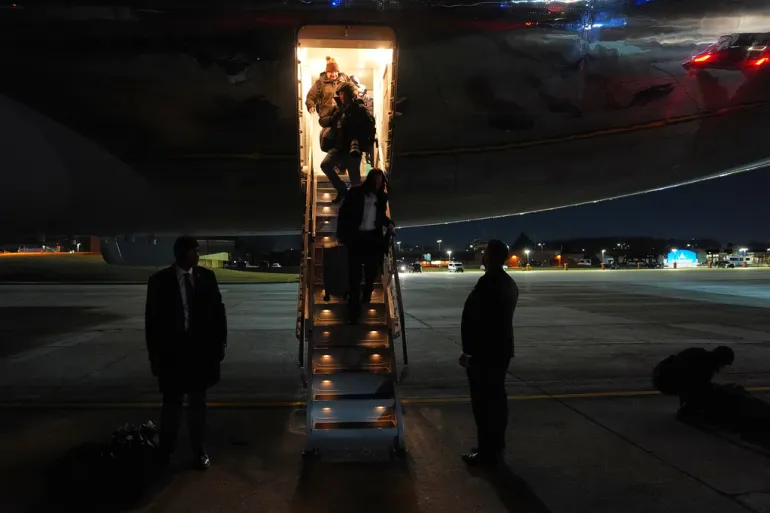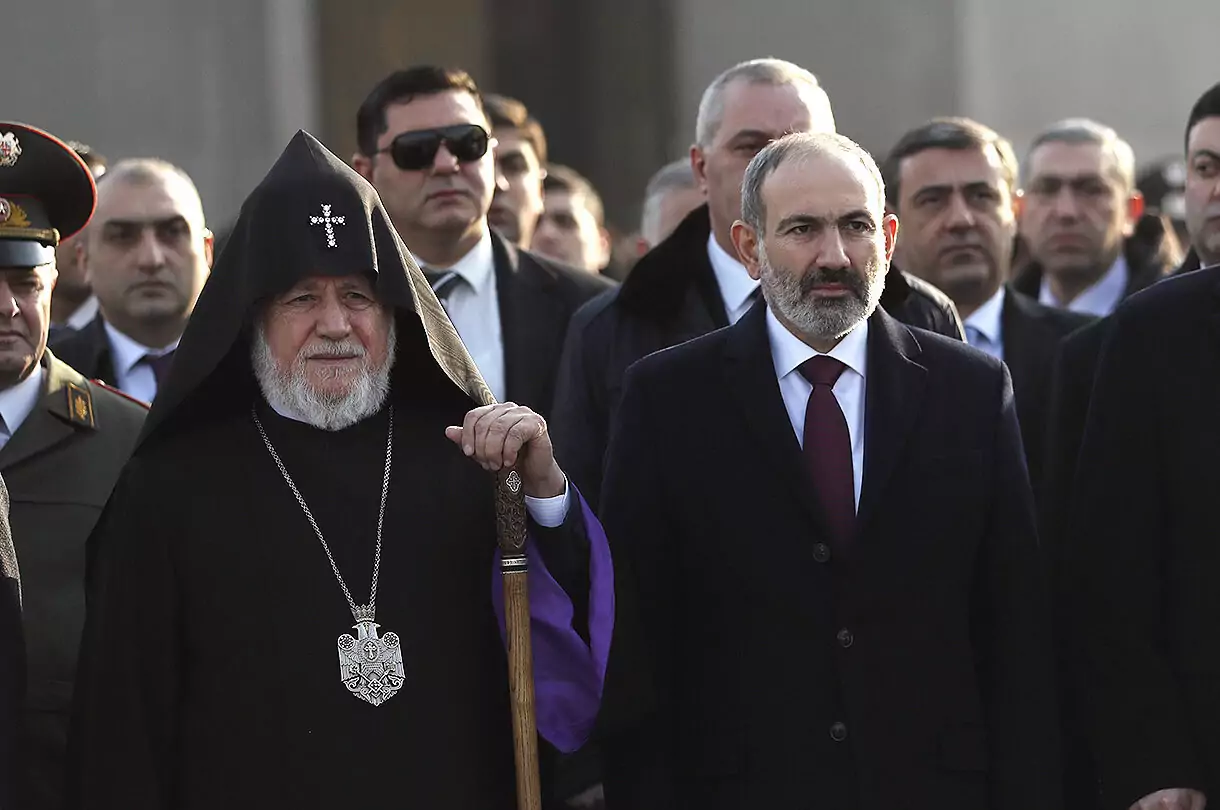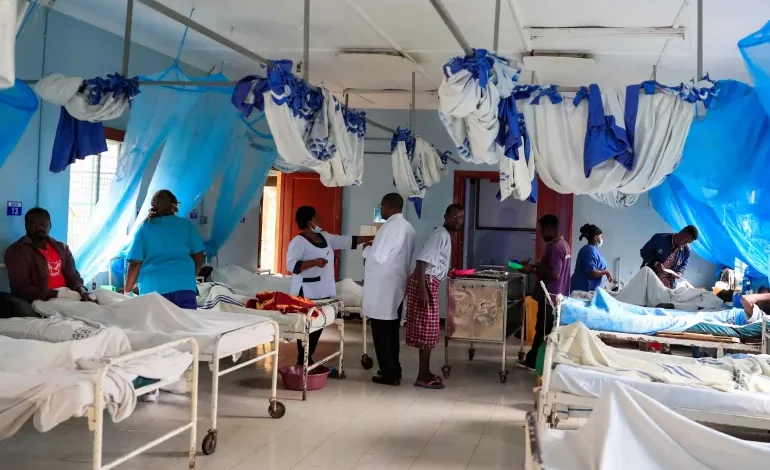Public sector workers in six African countries have seen their incomes slashed by up to 50 percent over the past five years due to sweeping government spending cuts driven by international debt obligations, according to a new report released Tuesday by the NGO ActionAid, as per Al Jazeera.
The report, titled “The Human Cost of Public Sector Cuts in Africa,” surveyed healthcare and education workers in Ethiopia, Ghana, Kenya, Liberia, Malawi, and Nigeria. It found that 97 percent of healthcare workers are now unable to cover their basic needs—including food and rent—on their current wages.
ActionAid attributes the decline in public services to austerity measures recommended by the International Monetary Fund (IMF), which it says have forced governments to prioritize foreign debt repayment over essential services like healthcare and education.
“The debt crisis and the IMF’s insistence on cuts to public services in favor of debt repayments have severely hindered investments in healthcare and education across Africa,” said Andrew Mamedu, Country Director of ActionAid Nigeria. “In 2024, Nigeria allocated only 4% of its national revenue to health, while a staggering 20.1% went toward repaying foreign debt.”
Inadequate health budgets have led to chronic shortages of staff and supplies, while care quality has declined sharply. Women, in particular, are bearing the brunt of these cuts.
ActionAid also highlighted a dramatic increase in the price of lifesaving medicines. In Ethiopia, for instance, antimalarial medication now costs over 500 birr ($4) in private clinics—ten times the price from five years ago.
The education sector is facing a similarly grim picture. Budget reductions have resulted in overcrowded classrooms, inadequate teaching materials, and declining salaries.
According to UNESCO statistics cited in the report, four of the six countries studied are spending less than the recommended 20 percent of their national budgets on education.










The latest news in your social feeds
Subscribe to our social media platforms to stay tuned